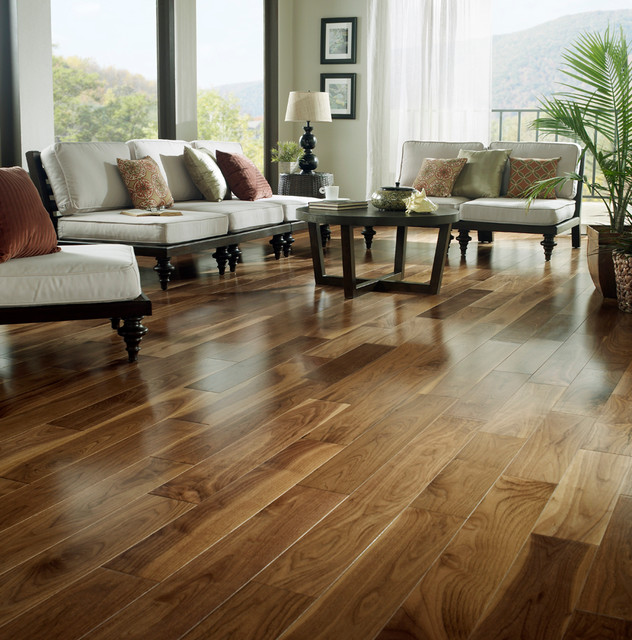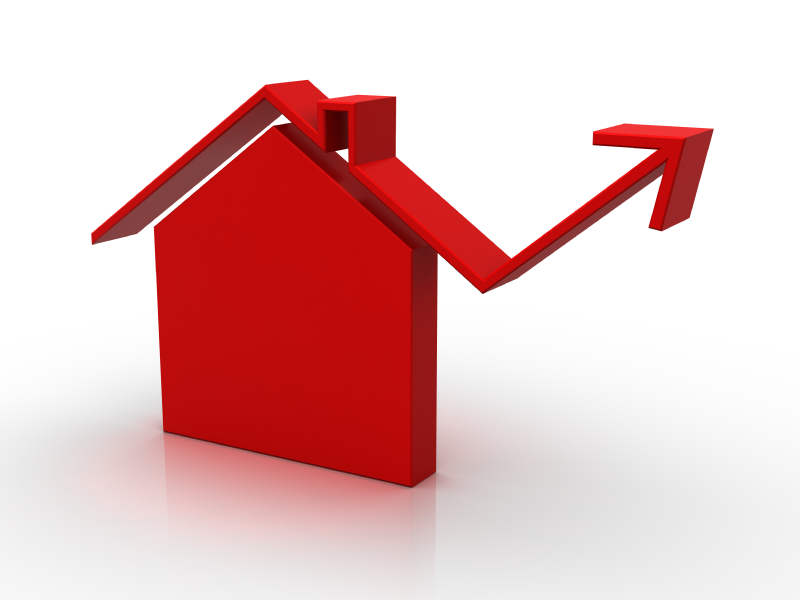Posted on
November 22, 2013
by
Kristy Just
A glossary of crucial terms for first-time buyers and homeowners in Canada.

What’s a mortgage broker?
A mortgage broker is a licensed mortgage specialist who can tell you what’s available in the marketplace from banks and lenders across Canada and can guide you through the mortgage process. Mortgage brokers are also able to pass volume discounts directly on to you because of the high quantities of mortgage products they acquire.
Tom Hogg, a mortgage agent at The Mortgage Centre, in Mississauga, Ont., describes his job as educating the consumer on exactly what they’re signing. “My role is to create a buffet of products and help them choose,” says Mr. Hogg. “We do a needs assessment and make sure the clients clearly understand the flexibility and features of the mortgage that will enable them to get rid of this albatross as soon as possible.”
Mortgage brokers are an origination service. That means that the mortgage broker originates your mortgage financing for you, but a bank or financial institution provides the money and services your mortgage after the closing.
What’s the difference between a mortgage broker and a mortgage agent?
Mortgage brokers can have agents working underneath them. Each agent has to work under the license of a mortgage broker. The brokerage is accountable for the agents’ work.
How are mortgage brokers paid?
Their commission is paid by the bank or lender providing the mortgage product based on how much money the consumer borrows. Mortgage brokers aren’t compensated on the interest the bank makes, so they don’t receive a higher commission if the client chooses a higher rate. It varies a bit, but the commission generally works out to an average of $80 per $10,000 of the consumer’s loan.
What’s a fixed mortgage rate?
‘Fixed’ means your interest rate and regular payments will be the same for the duration of your mortgage term, whether rates rise or fall. It offers you stability and the least financial anxiety. But if interest rates drop significantly, you may be stuck paying a higher rate for the duration of your term, depending on the flexibility and features of your mortgage.
What’s a variable mortgage rate?
Your mortgage payments will go up or down with the fluctuations in the ‘prime rate’, which is the market interest rate. The danger here is that a significant increase in the ‘prime rate’ increases your interest payable as well. But if it decreases, you’ll pay less.
What‘s better? Fixed or variable?
While over 60 percent of Canadians opted for a fixed mortgage rate in 2011, variable rates tend to be cheaper over time. Conversely, you may sleep better knowing you’re not subject to interest rate fluctuations. Making the right choice depends largely on the current rates at the time you’re taking out your mortgage. When interest rates are low and aren’t expected to drop further, locking into a fixed rate may be your best option. However, if experts are projecting that interest rates may fall, you’re probably better off with a variable rate, especially if there’s a significant difference between the fixed and variable rates.
What’s a closed mortgage rate?
A closed mortgage can be fixed or variable. Closed mortgage rates are popular because they’re lower than open mortgages rates but unlike an open mortgage, you’re restricted on how much principal you can pay down annually and there will be a penalty to pay a closed mortgage out early. Terms range from six months to 10 years. Despite their low rates and relative stability, there are disadvantages so read the fine print before signing.
“Some banks have introduced fully closed mortgages where during the term, other than an arms-length sale [meaning the sale can’t be to a friend or relative] of the home, you can’t get out of the contract,” warns Tom Hogg, a mortgage agent at The Mortgage Centre in Mississauga, Ont. “Even if you win the lottery and want to pay them out, you can’t. A product like that is mortgage jail.”
What’s an open mortgage rate?
An open mortgage can also be fixed or variable. The interest rate will be higher than for a closed mortgage but it’s more flexible. Generally, you can pay an open mortgage off anytime or make additional payments without penalties. Terms range from six months to five years so you can’t lock in for as long as a closed mortgage. If you want to get rid of your mortgage quickly, or think you may be selling or moving in the near future, this is a good option.
Why are mortgage rates so different?
Rates vary according to institutions. All of the banks have completely different products which is why their pricing is different, explains Tom Hogg, a mortgage agent at The Mortgage Centre in Mississauga, Ont.
“The price you pay depends on what features you want on that mortgage,” says Mr. Hogg. “Prepayment features are huge. The ability to give additional lump sums of money as often as you can is important because it all goes to the principal. You can get a 2.99 five-year fixed but it’s only available on a 25 year max amortization, has limited prepayment privileges, it’s closed to term so there are issues with it. The highest is going to have all the bells and whistles but you may not need all those features. Once you understand each rate and each product, you’ll choose what’s best for you – probably somewhere in the middle.”
What is CMHC?
Canada Mortgage and Housing Corporation (CMHC) is a Crown corporation that mainly provides mortgage loan insurance to residential home buyers. It was originally set up in 1946 to arrange post-war housing for veterans. Today it helps Canadians who can’t easily afford buying a house through their mortgage default insurance program.
What is mortgage default insurance?
It’s a type of mortgage insurance that’s mandatory in Canada if your down payment for a residential property is less than 20 per cent. The major provider of this insurance is the Canada Mortgage and Housing Corporation.
The insurance costs you between 1.75 per cent to 2.95 per cent of your mortgage amount and you have to buy and pay for this insurance on top of your mortgage. It protects the banks and the money lenders if a home owner defaults on their mortgage but doesn’t protect the homeowner. However, lenders do offer lower mortgage rates because their risk is decreased.












 English
English 中文(简体)
中文(简体)

